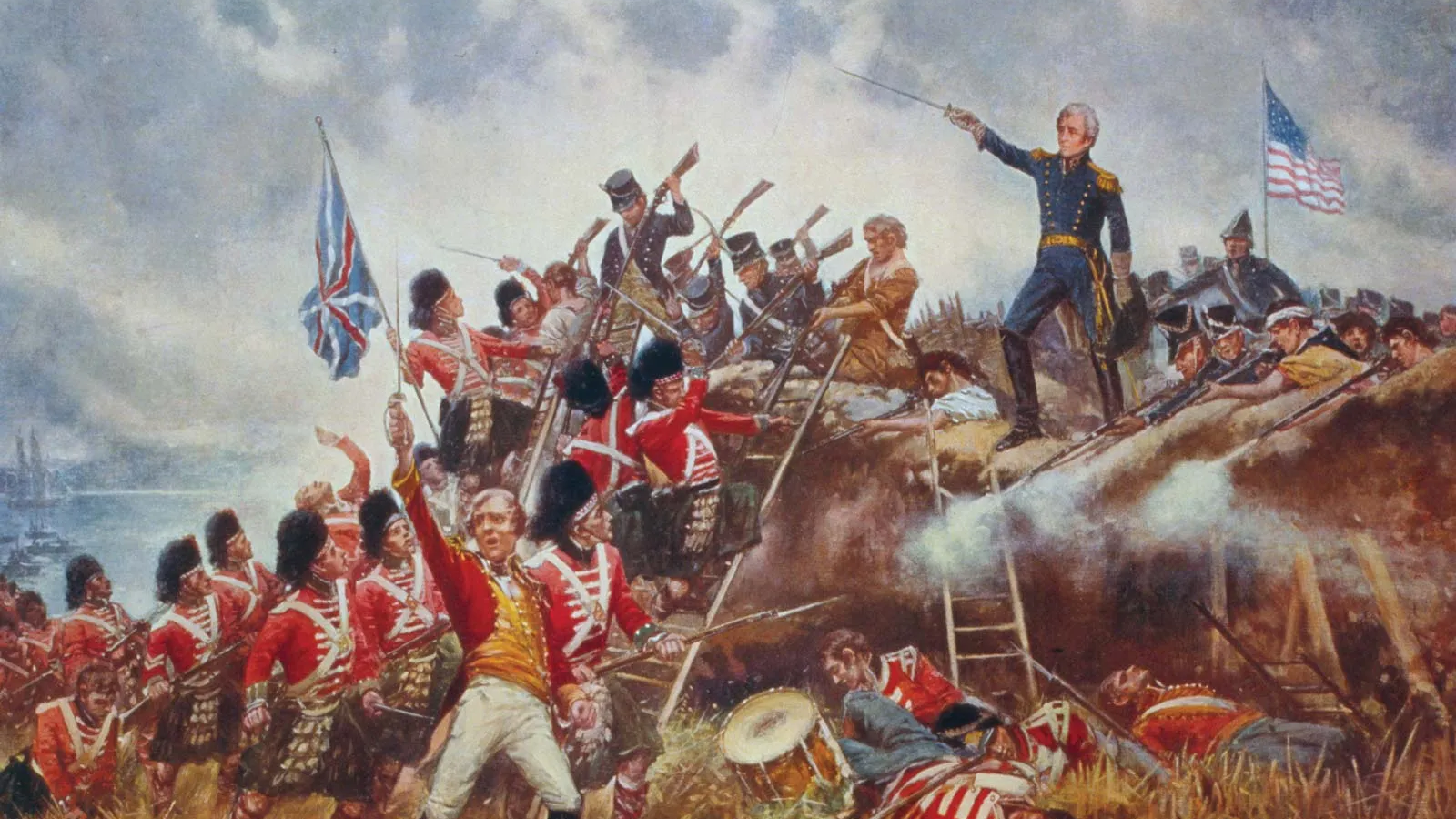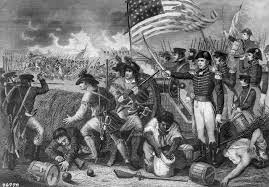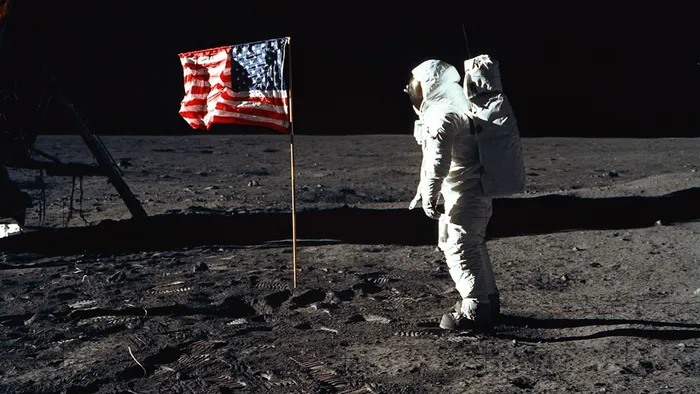Now Reading: Historical & Political: 7 Powerful Events That Still Shape America 2025
-
01
Historical & Political: 7 Powerful Events That Still Shape America 2025
Historical & Political: 7 Powerful Events That Still Shape America 2025

Table of Contents
The United States has always been a country defined by both its history and politics. From the signing of the Declaration of Independence in 1776 to today’s debates on democracy, equality, and global leadership, the political story of America is deeply connected with its Historical journey. Each generation has faced challenges that tested the nation’s unity, and those past struggles still influence decisions in Washington and beyond.
This article explores how history continues to guide America’s politics today, focusing on the founding era, civil rights, foreign policy, and the ongoing debate over democracy.
The Birth of a Nation: Political Ideas That Lasted Centuries
The American Revolution was not just a fight for independence Historical from Britain it was also a political experiment. The founding fathers believed in principles such as freedom, representation, and checks on power. These ideas were written into the U.S. Constitution, making it one of the oldest working constitutions in the world.
Even today, politicians on both sides of the aisle argue about what the founding fathers intended. Issues like freedom of speech, the right to bear arms, and the role of government are all rooted in those original debates.
For example, the question of how much power should lie with the federal Historical government versus individual states continues to divide political parties. This tension, which started in the 18th century, still influences discussions on healthcare, education, and taxation.
Civil War and the Politics of Unity

The Civil War (1861–1865) remains one of the most defining political moments in U.S. history. It was a battle over the future of slavery and the meaning of liberty. While the Union victory ended slavery, the scars of that conflict are still visible in America’s political debates about race, Historical justice, and equality.
The Reconstruction era tried to rebuild the South and bring African Americans into the democratic process. However, political compromises and resistance led to segregation and racial inequality for nearly a century afterward.
Today, civil rights remain at the heart of political campaigns. Issues such as voting rights, police reform, and equal opportunity are often framed in the context of America’s unfinished promise of liberty for all.
The World Wars and America’s Rise to Power
In the 20th century, U.S. politics was shaped by global conflicts. World War I Historical and World War II pushed America into a leadership role on the international stage. The political decision to join the United Nations and create alliances like NATO transformed the U.S. into a superpower.
Domestic politics also changed. After World War II, the Cold War with the Soviet Union dominated U.S. strategy. Presidents from Truman to Reagan focused on containing communism, a policy that influenced wars in Korea and Vietnam.
Even today, U.S. foreign policy is influenced by this history. The ongoing discussions about NATO, relations with Russia, and the role of the U.S. in global conflicts all trace back to these moments.
Civil Rights Movement: A Political and Social Revolution
The 1960s Civil Rights Movement was both historical and political. Leaders like Martin Luther King Jr. and Rosa Parks challenged racial segregation and demanded equality under the law. Their activism led to landmark political changes, such as the Civil Rights Act of 1964 and the Voting Rights Act of 1965.
But the struggle did not end there. Decades later, debates over immigration, LGBTQ+ rights, and gender equality reflect the continuing influence of this movement. Political leaders often draw inspiration—or criticism from civil rights history when shaping their platforms.
For example, modern discussions about Supreme Court rulings, diversity in schools, and fair employment all have roots in this historical period.
Democracy Under Debate: Lessons From the Past

One of the most important ongoing political debates in the U.S. is about the strength and survival of democracy itself. Historical moments such as Watergate in the 1970s and more recent debates over election integrity remind Americans that democracy is not guaranteed it must be protected.
The U.S. Capitol riot on January 6, 2021, showed how fragile democracy can be when political divisions turn into violence. Many historians compare this to past moments of political crisis, such as the disputed election of 1876.
Learning from history, political experts argue that transparency, fair elections, and respect for institutions are key to keeping democracy alive.
How History Shapes Today’s Political Campaigns
Every election cycle in America proves how much history influences politics. Candidates often quote Abraham Lincoln, Franklin D. Roosevelt, or Ronald Reagan to connect with voters. Debates on healthcare, taxation, and foreign policy often refer back to past successes or failures.
For example, the Great Depression led to the New Deal, shaping how Americans view government responsibility in times of crisis. Similarly, the 2008 financial crash continues to influence economic policies today.
In 2025, as the U.S. prepares for another presidential election, both major parties are expected to highlight historical lessons to gain voter trust.
Conclusion: The Past Is Never Truly Past
History and politics are inseparable in America. Every new law, every debate in Congress, and every election is influenced by the nation’s long journey from revolution to modern democracy.
Understanding history is not just about remembering facts; it is about recognizing how those past struggles and victories shape today’s policies. From civil rights to global leadership, the U.S. continues to face challenges that echo its historical roots.
As the country looks forward, it is clear that the lessons of history will remain a powerful guide in shaping the politics of tomorrow.
Read More:- Shobha Realty Launches Its Most Luxurious Project Yet—Full Details Inside 2025



















